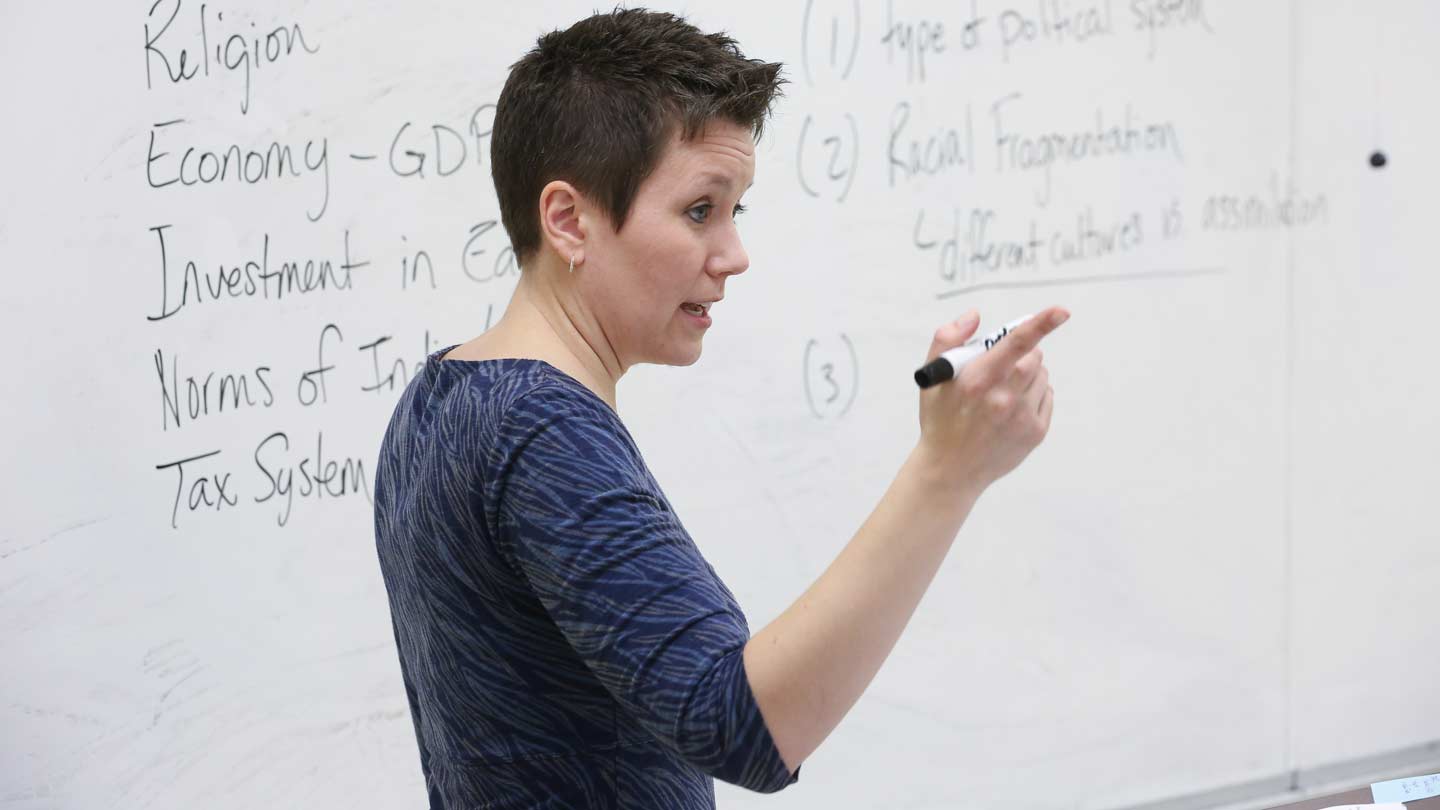
What is sociology?
Sociology provides insights into the workings of family, friendship, and community groups as well as economic, educational, religious, and political institutions. It helps us understand what society is, how it is structured, how social order is maintained, and how social change can be effected. For that reason, it’s important for every educated person to have a basic grasp of sociology, whether or not they choose to pursue a degree in the field.
Should I study sociology?
Sociology requires curiosity, an analytical mind, and a willingness to read, question, and investigate. The best way to decide if a degree in sociology is right for you is to take a couple of courses and see if they stimulate your interest. You can choose from a wide variety of topics, including race, gender, deviance, family, social stratification, criminology, and research methodology. And if you decide not to pursue a degree in sociology, you still have the option of minoring in the field.
What kind of job will I be prepared for with a degree in sociology?
Many degree programs prepare graduates for one specific job field. But not sociology! Our graduates are broadly educated and bring numerous competencies to their professional work environment, from communicating abstract ideas and thinking critically about social issues to conducting research projects and assessing the effectiveness of programs and policies. Consequently, they are able to pursue all kinds of career opportunities in fields as diverse as social work and social services, law, public health, social policy, criminal justice and corrections, data analysis, market research, urban and regional planning, safety and disaster management, foreign services and international negotiation, and medical and health services and assessment.
